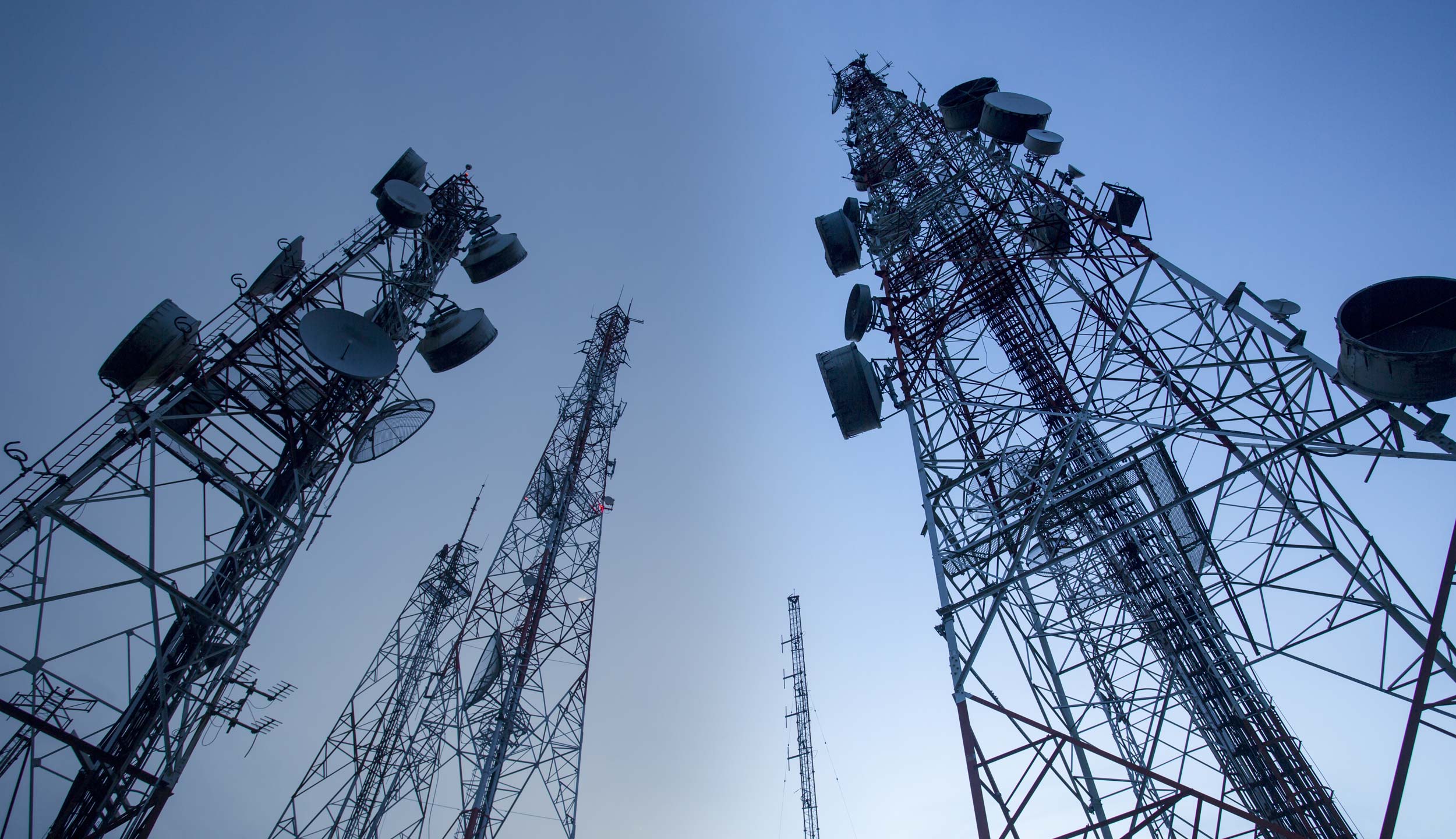Dr Lawal Bello, Manager, Technical Standards and Network Integrity, Nigerian Communications Commission (NCC) said the country required more investment in infrastructure to be able to provide optimum services to the growing telecoms subscribers in the country.
Bello told the News Agency of Nigeria (NAN) on Friday in Lokoja that Nigeria required about 80,000 Base Transceiver Stations (BTS) to enhance its capacity for quality service delivery.
He said the country currently had about 50,000 BTS, and that the rate at which telecoms infrastructure were being vandalised across the country had greatly affected the quality of service in the telecoms sector.
On deployment of fibre cable for broadband access, he said the country currently had about 38,000 kilometers of fibre cable but required 120,000 kilometers for good broadband access.
Bello, therefore, said the protection of telecoms equipment and infrastructure should not be seen as the responsibility of NCC and security agencies but the responsibility of all patriotic citizens.
He said it was against this backdrop that the NCC recently organised a sensitisation workshop on the Protection of Telecom Infrastructure in Lokoja to interface with stakeholders.
Also speaking with NAN, Mrs Helen Obi, Head of Zonal Operations, NCC, dismissed concerns of likely negative health implications of Electric and Magnetic Fields (EMF) radiation emanating from telecoms masts.
She said telecoms iron masts do not emit harmful radiation and urged communities to help protect the infrastructure in their domains to enhance delivery of quality service.
Obi said the recent workshop in Lokoja was to enlighten the public to know that they collectively owned public infrastructure and the need to protect them.
She added that it would also help the stakeholders to reach an understanding towards putting into proper perspective the concerns often expressed by the public about telecoms infrastructure and services.
“It is instructive to note that the advent of GSM has re-engineered our economy and social wellbeing, but these facilities have been target of vandalism, theft and hostility from some host communities.
“It is, therefore, imperative for the public to regard telecom facilities as ‘collectively own infrastructure’ essential for the provision of efficient and acceptable quality service,” Obi said. (NAN)



Leave a Reply